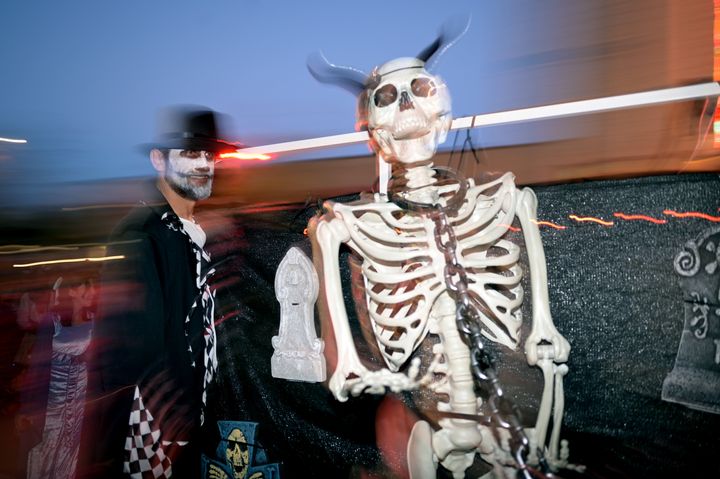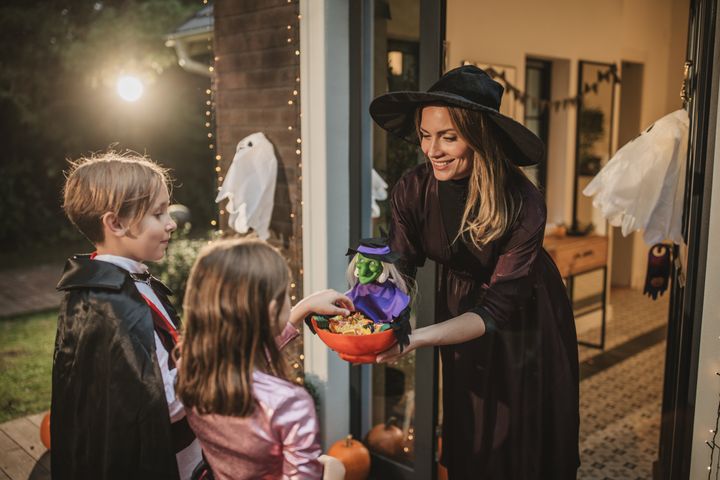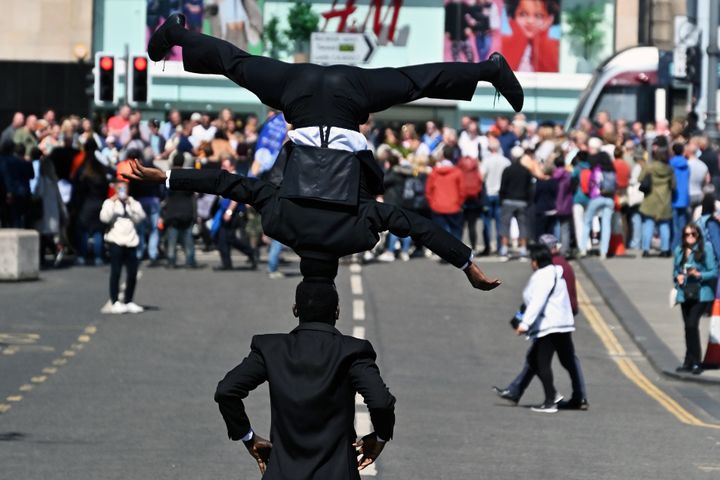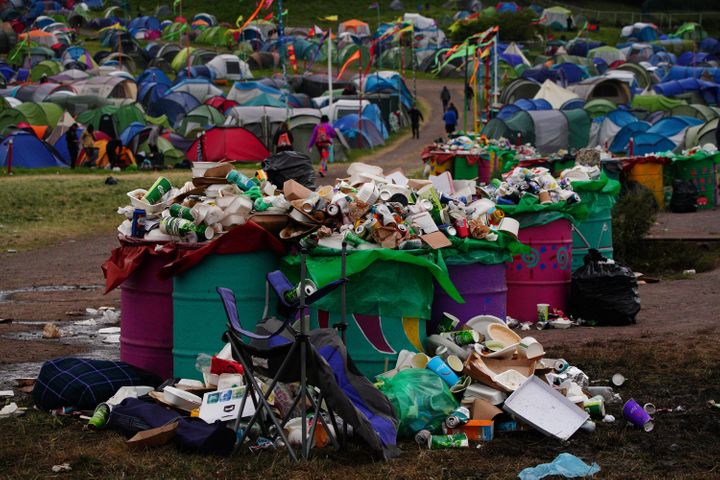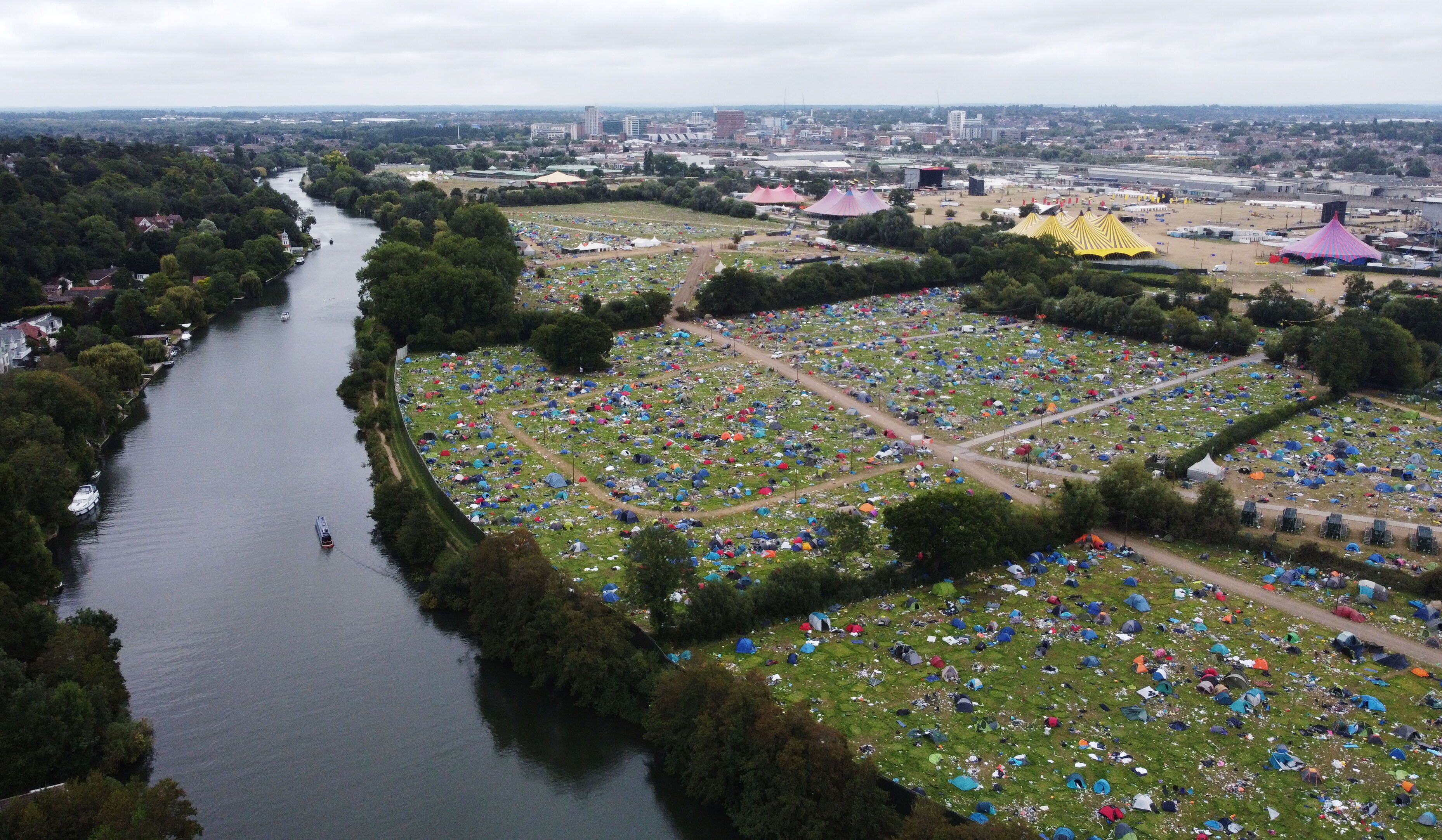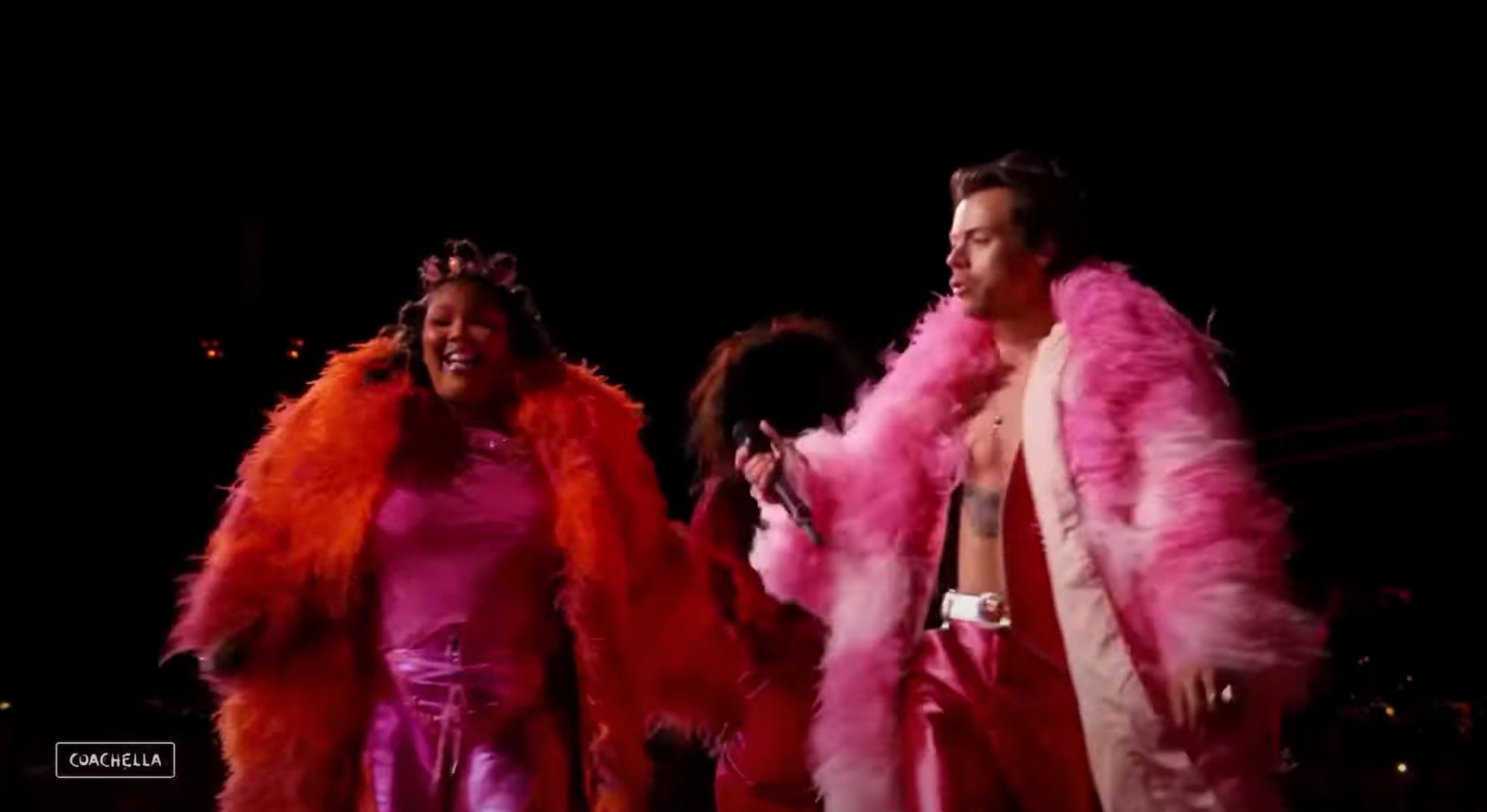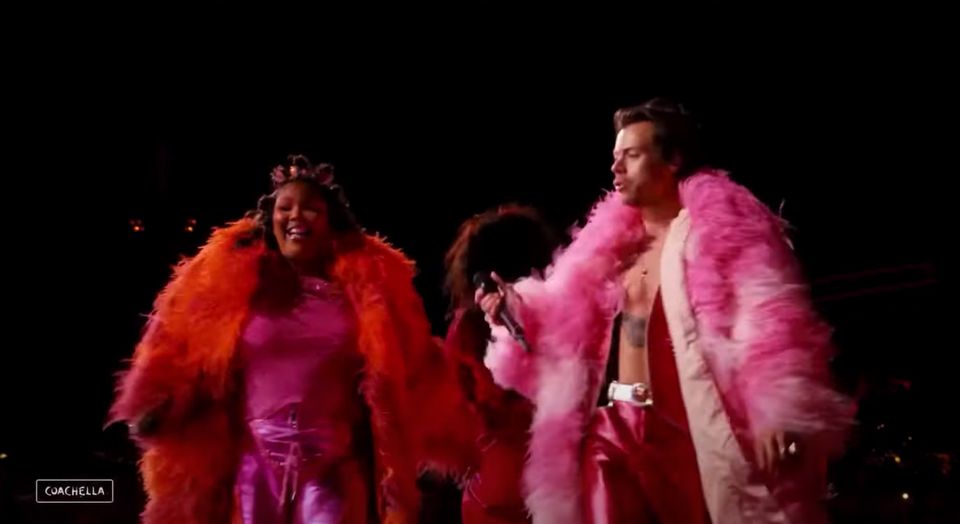
It’s summer in the UK which can only mean one thing for music lovers: it’s festival season.
Festivals are famously great for getting together with friends for the weekend, enjoying live music and partying until the early hours. What they’re definitely not famous for is being an ideal spot for getting some restful sleep.
However, according to sleep expert Edward Gorst from Panda London, getting a good sleep at a festival is not only possible but essential.
Advertisement
10 steps to ensuring you sleep well at a festival
Choose the right camping spot for quiet
If possible, choose a camping spot in a quieter area away from stages, walkways and communal spots where noise levels tend to be higher.
Invest in quality camping gear
While festivals aren’t exactly wild camping, having the best camping gear will make a huge difference to your festival sleeping experience.
Gorst said: “A comfortable sleeping bag suited to the weather conditions, along with a good sleeping mat or air mattress, can greatly enhance your sleeping experience.
“These items offer better support and insulation from the cold ground, ensuring you remain warm and comfortable throughout the night.”
Advertisement
Invest in earplugs and an eye mask
Festivals are lively and often run late into the night, and even if you party into the night, chances are the bright lights and chatter will still keep you up when you’re ready to hit the hay.
Gorst said: “Earplugs can help muffle the sounds of music and chatter, while an eye mask will block out ambient light, creating a dark and quiet environment conducive to sleep.”
Establish a bedtime routine (yes, even at a festival!)
Even at a festival, having a routine can signal to your body that it’s time to wind down.
This could include reading a book, listening to calming music, or practising relaxation techniques such as deep breathing exercises. A consistent routine can make it easier to fall asleep in an unfamiliar and potentially noisy environment.
Be mindful of stimulants
While this may sound counterintuitive to going to a festival, limiting the alcohol you consume close to your bedtime can help you get a good night’s rest. Additionally, cut off caffeine before the evening so that your body can wind down effectively.
Stay hydrated as much as possible
Drink plenty of water throughout the day to stay hydrated, but try to reduce fluid intake in the hour or so before bed. This will help minimise nighttime trips to the loo, which can disrupt your sleep.
Advertisement
Wear comfortable clothing to sleep
Opt for comfortable, breathable clothing for sleeping. Layers are ideal, as they allow you to adjust your temperature throughout the night. Being too hot or too cold can interfere with your ability to fall and stay asleep.
Create a comfortable sleep environment
Personalise your tent to make it as comfortable as possible. Bring a small pillow from home, use a soft blanket, and consider using a camping pillow for added neck support. Familiar and comfortable items can help you feel more at ease.
A little bit of home right there in your tent!
Practise good sleep hygiene
Try to go to bed and wake up at consistent times, even at a festival. This helps regulate your body’s internal clock and can improve the quality of your sleep. Avoid screen time before bed as the blue light emitted from devices can interfere with your natural sleep cycle.
Take naps if needed
If you find it difficult to get a full night’s sleep, short naps during the day can help. Even a 20-30 minute nap can refresh you and make up for lost nighttime sleep. Find a quiet spot, use your earplugs and eye mask, and take a quick rest to recharge.



